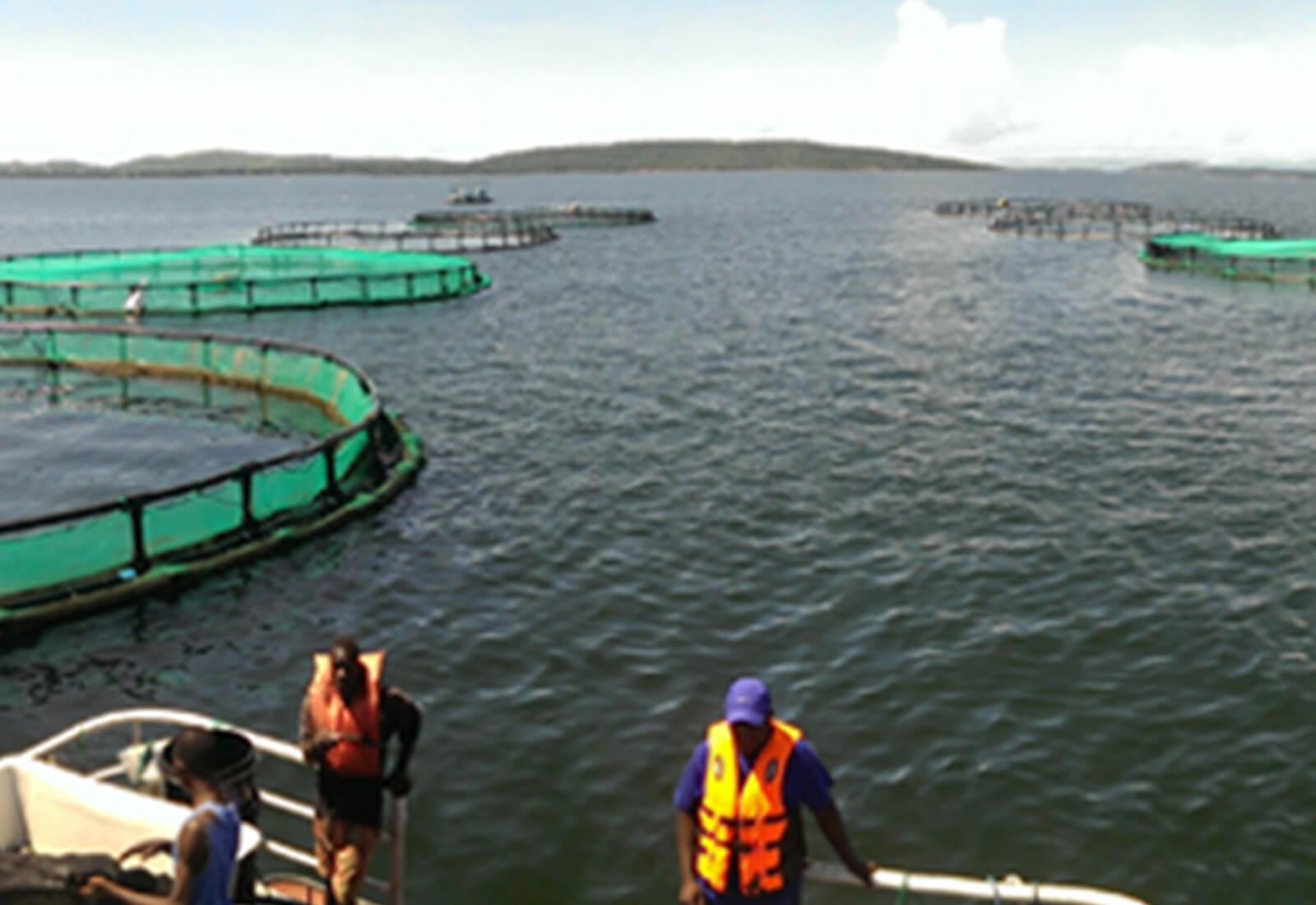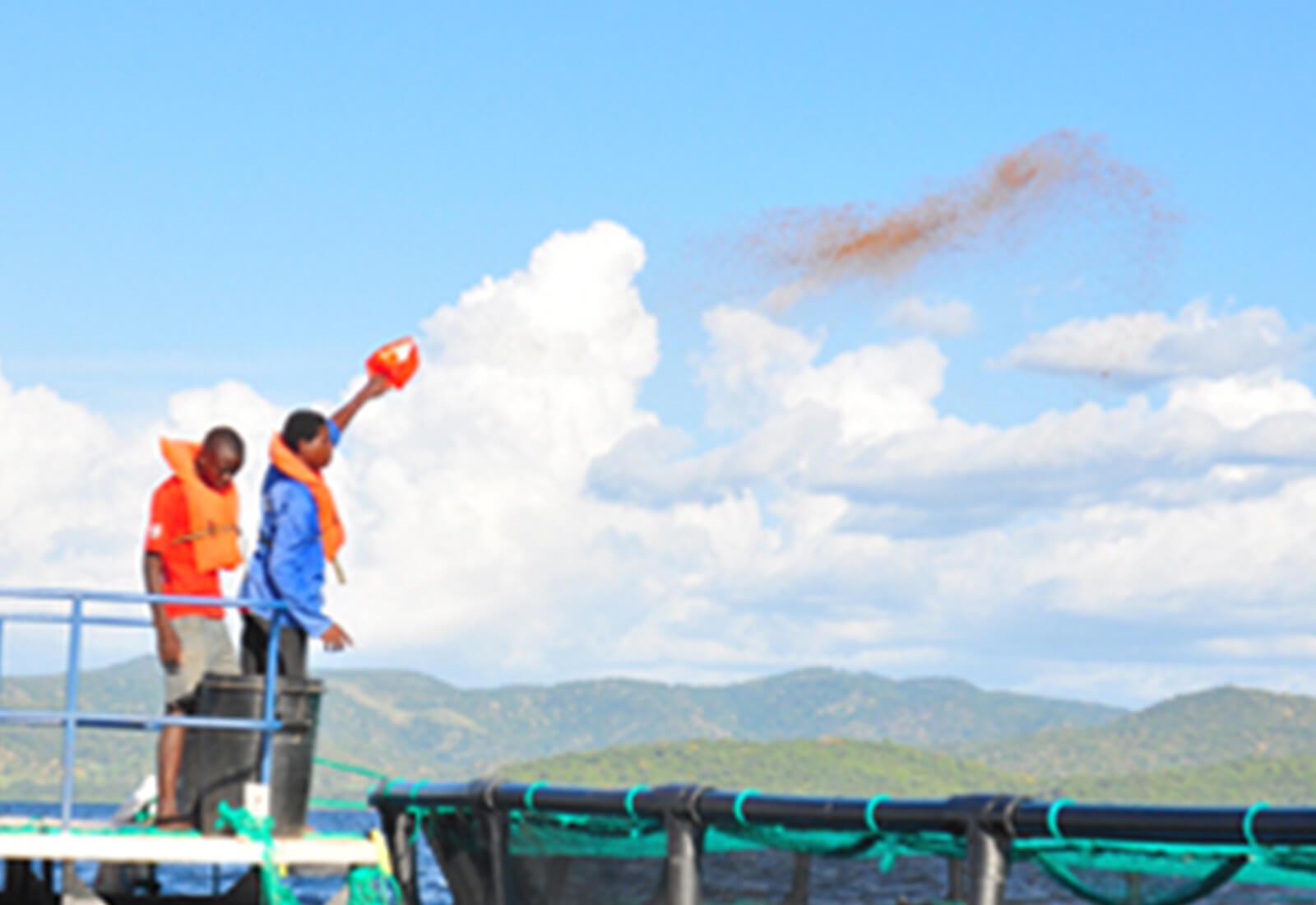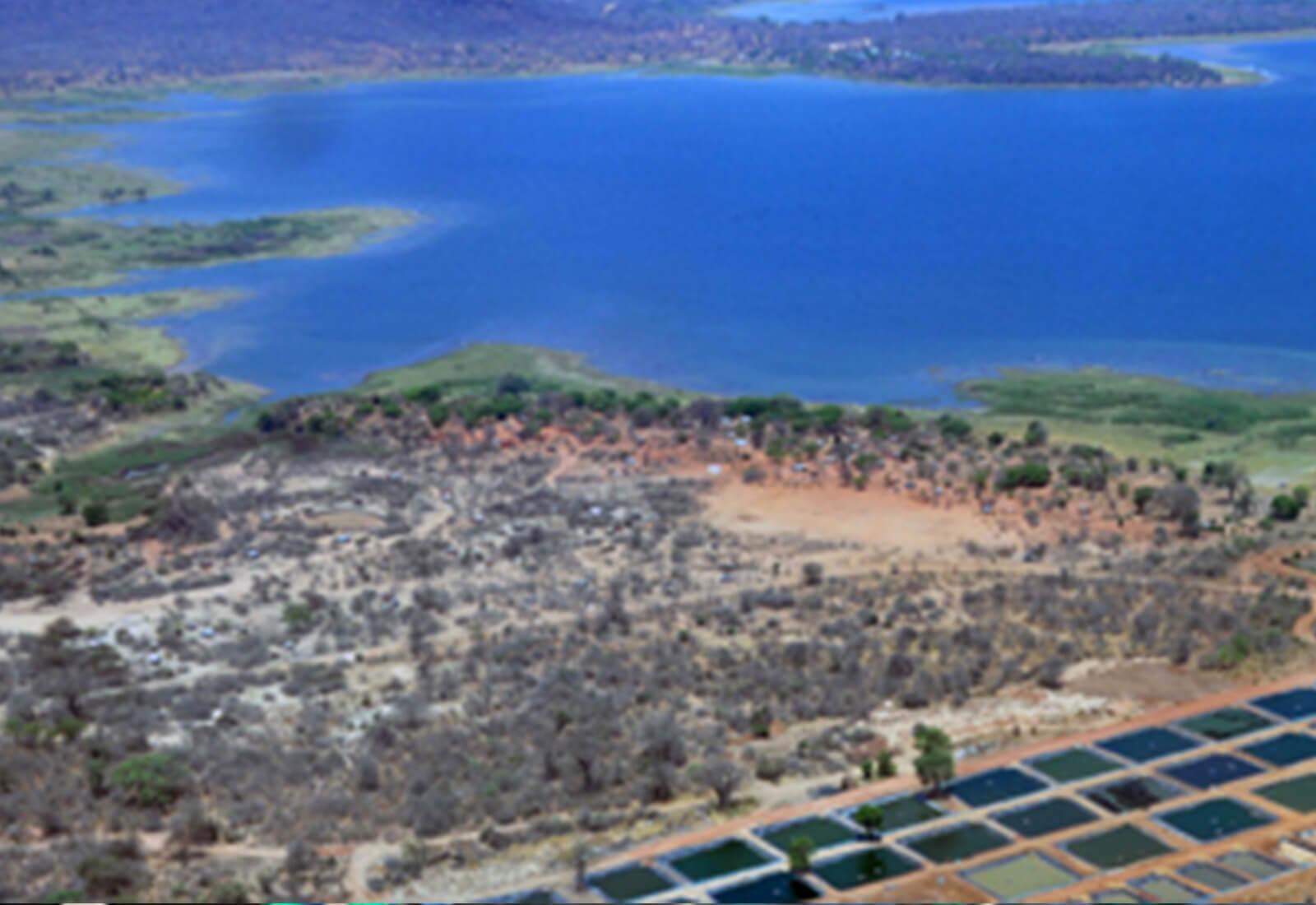Zambian Tilapia Business Proceeds Swimmingly
Zambians love their fish. Dried in cassava leaves or peanut sauce, boiled small fish, or fried tilapia—this staple of Zambians’ diet is an affordable source of protein. It also has been found in abundance in the country’s many lakes and rivers—until recently.
Now the country suffers from severe overfishing and Zambians can no longer get sufficient nutrition from the country’s bodies of freshwater that once teemed with life. This, coupled with an increase in demand for fish brought along by a surging population and higher incomes, has created excess demand that can no longer be met domestically. In fact, the situation is so dire that Zambia now imports 60 percent of its fish. Today, a walk through any of the country’s urban markets will find that most fish on display for sale is frozen and imported from Asia.
The Zambian government and civil society organizations have promoted small-scale aquaculture as a way to increase food security and better rural livelihoods. But this model has not gained traction due to lack of inputs and expertise, as well as the difficult cold-chain logistics involved.

Now, with the efforts of a company called Yalelo, the landscape is quickly changing.
After just two years since breaking ground, the company has employed more than 175 people, begun to farm an annual 7,000 tons of fish, and set new standards for sustainable fisheries in Zambia.
From here, Yalelo Chairman Adam Taylor has much higher aspirations. With 40 percent of all surface-fresh water in sub-Saharan Africa, “Zambia should be the fish-basket of Africa,” he notes. “We don’t want to just get to 100 percent domestic production; Zambia should be a net exporter.”
Taylor is also the Chief Investment Officer of Liongate Venture Partners, an investment firm that specializes in longer-term investment opportunities in Africa. MIGA issued a guarantee of $2.9 million covering Liongate’s equity investment into Yalelo. The coverage is for a period of up to 10 years against the risks of transfer restriction, expropriation, and war and civil disturbance.
Taylor underlines the importance of MIGA’s guarantees for their fundraising efforts: “MIGA’s insurance has played a big role in overcoming hesitations among many investors that we approach.” He continues, “These investors may be less familiar with Africa, but are certainly aware of the risks and are looking for ways to mitigate them.”

Doing Well by Doing Good
The philosophy underpinning Yalelo’s business is very much in line with the principles of impact investment. Tilapia is a native fish species that thrives on a diet of soybeans and maize—both plentiful in Zambia. The fishery on Lake Kariba is in a remote rural area, which means the company brings work to a population desperately in need of jobs. Yalelo has a strong commitment to environmental and social sustainability that includes a comprehensive environmental management plan and adherence to MIGA’s performance standards.
In a context where most workers have no education beyond primary school, Yalelo’s junior staff participate in vocational training on topics such as fish health and nutrition, mechanics, and computers. In addition, the company’s benefits accrue beyond their immediate staff: Yalelo leverages its purchasing power, logistics, and technical expertise to enable community participation in the sector’s growth through an extensive network of fish vendors and planned out-grower partnerships.
The City Ladies
It is four o’clock in the morning and approximately 50 women charge into Yalelo’s warehouse in Lusaka. They’re running at a brisk pace, overturning bins of fish to look for the best to sell to their customers.
These are the “city ladies” and they represent half of Yalelo’s business. Carrying heavy bags of fish—often 20 kilos each—they bring them to the market and to their individual customers who await them on a weekly schedule.
The rest of Yalelo’s supply goes to small and large stores through an efficient system of cold-chain transport. While the company supports its vendors through training and payment extensions, it also sells refrigerators with Yalelo’s branding at a third of the market price—or leases them for free.

Growth and Recognition
After just two years with the operation fully running, the company has already received an award from the Zambian government and the World Bank. Yalelo was voted the best company in Zambia for job creation, competing among 30 selected companies.
And as business booms in Zambia, Yalelo already has an eye to expansion in Kenya and Ghana. The company hopes to bring its technology, systems, and skills—as well as its impact investment model—to other countries where overfishing has become a broad concern.




